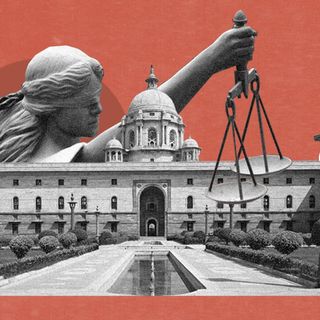During a videoconference about draft amendments to Russia’s constitution, when the head of the Women’s Union raised the issue of a new brand of rainbow ice cream , President Valadimir Putin called for public monitoring of such efforts that promote “non-traditional lifestyles.”
“They’re quietly promoting these nice rainbow colors, using nice words, they’re advertising an ice cream called Rainbow. Even indirectly, such things make our children accustomed to that flag. I don’t like the rainbow, just as I don’t like the swastika,” Yekaterina Lakhova, head of the Women’s Union of Russia, said, urging Putin to ban it under the country’s controversial anti-gay propaganda laws. Even though homosexuality was decriminalized in Russia in 1993, the federal Russian law considers public promotion of homosexuality a crime — violations lead to fines up to USD 7,000.
Commonly known as the “Gay Propaganda Law,” Russia enacted this legislation “for the Purpose of Protecting Children from Information Advocating for a Denial of Traditional Family Values,” in June 2013. The official purpose of the law is to protect children from being exposed to homosexuality, or any content that presents homosexuality as a societal norm — since that would be in contradiction of traditional family values.
Related on The Swaddle:
Romanian Parliament Bans Gender Studies, Professors Say They Will Defy Ban
This law has since been used to to quash pride events, LGBTQIA+ teenage support groups on social media, and even news reporting. Reports by Human Rights Watch found that the law has exacerbated hostilities like stigma, harassment, and violence towards the LGBTQIA+ population in Russia. In addition, it has also stifled access to inclusive education and support services. “Russia’s ‘gay propaganda’ law is harming youth by cutting them off from vital information. And amid the intense social hostility surrounding LGBT people in Russia, the law stops mental health providers from counseling children who have questions about sexual orientation and gender identity,” Michael Garcia Bochenek, senior children’s rights counsel at Human Rights Watch, said.
Studies have proven that LGBTQIA+-depiction in media, including in ads, makes masses more supportive and accepting of the community in real life. “When you have greater visibility of people who are LGBTQ, then you increase acceptance. It’s human nature that familiarity can lead to a greater degree of acceptance,” Marc Pritchard, Chief Brand Officer at P&G, said. But, despite legalizing homosexuality, Russia appears to be constantly trying to prevent its broad acceptance in society through its Gay Propaganda Law.
Meanwhile, the makers of the ice cream say they were aiming to appeal to children’s interest in bright colors, and the rainbow ice cream was never even intended to be a pro-LGBTQIA+ statement. “For us, the rainbow represents the sunshine after rain, the most beautiful natural phenomenon. We don’t see any comparison with the LGBT movement or its symbols,” Armen Beniaminov, vice president of Chistaya Liniya, told RIA Novosti, a Russian news agency.
Beniaminov also added that he voted against marriage equality, and that his company “advocates traditional family relations.”




